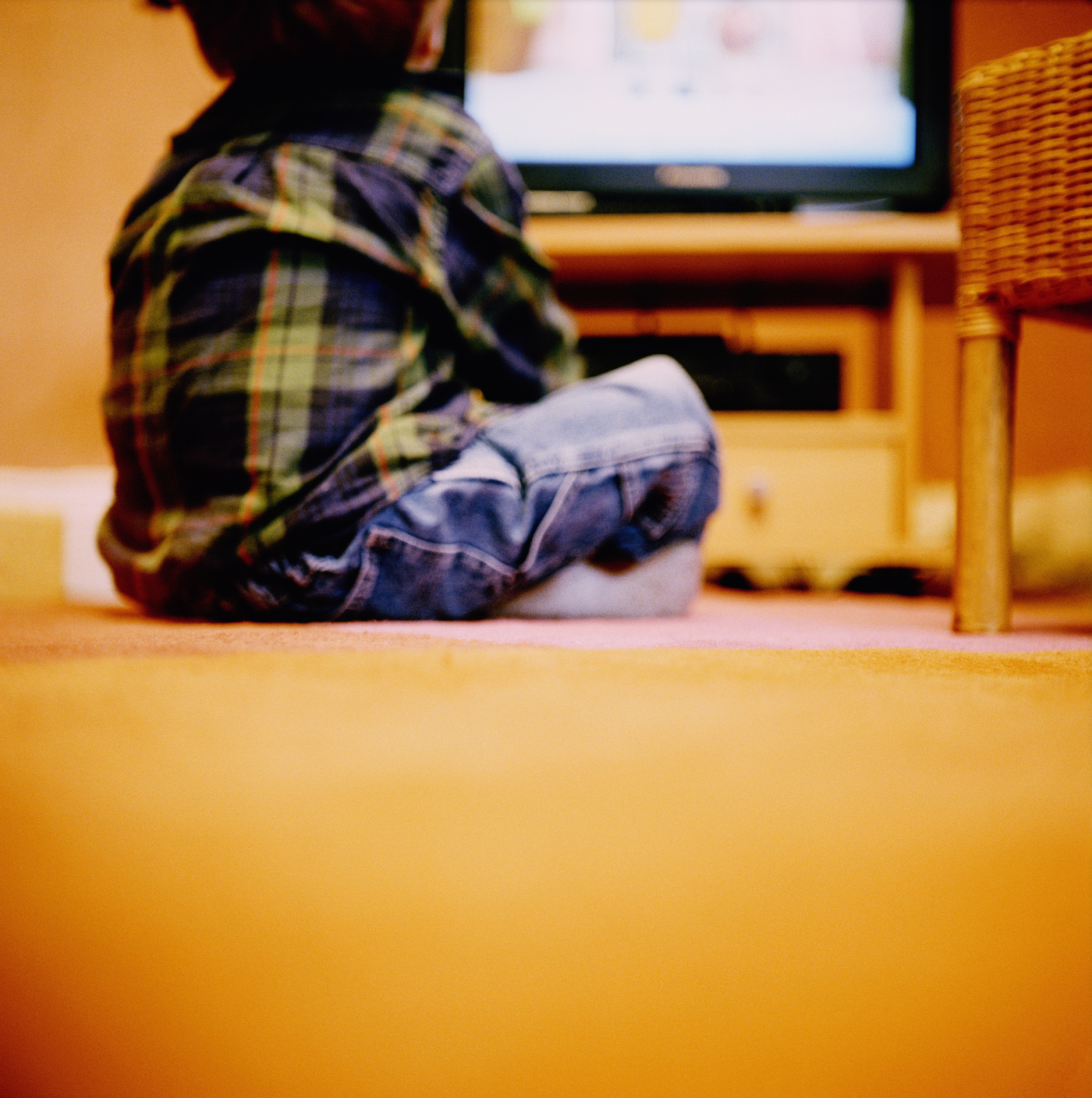
The maddening thing about parenting advice is that just when everybody has agreed on a way to get kids to do something—or more to the point, stop doing something—that is both effective and loving, somebody releases a study proving that it is neither. The spanking wars rage on. Time-outs are under scrutiny. Praise is suspect.
And now, researchers are throwing shade on another time-honored discipline technique: the two-minute-warning.
For the uninitiated, the two-minute-warning is the announcement that you make to let your child know they only have a certain amount of time left in an activity, often the use of technology. It’s supposed to inoculate kids against the shock at having to stop their digital wanderings and ease the transition into a new activity.
Problem is, says a new study, it does the opposite. “Two-minute warnings make kids’ ‘screen time’ tantrums worse,” says a headline from the University of Washington.
The study, which was small (just 28 families), found that children aged 1 to 5 who were given a two-minute warning by their parents were more upset when the screen went away. “We were really shocked—to the point that we thought ‘well, maybe parents only give the two-minute warning right before something unpleasant or when they know a child is likely to put up resistance,'” said Alexis Hiniker, a doctoral candidate in human-centered design and engineering and the lead author of the study, which will be presented May 9 at the Association for Computing Machinery’s 2016 CHI conference in San Jose, Calif. “So we did a lot of things to control for that but every way we sliced it, the two-minute warning made it worse.”
The paper wasn’t a total downer: it challenged some other accepted wisdom about kids and tech, too. Rather than using digital devices as a babysitter while they loaf, for instance, parents tended to employ them when they had to do chores or care for other kids in the family or distract a kid from an unpleasant task, like sitting in a car for a long car ride or getting a shot at the doctor.
Read More: Cell-phone distracted parenting may have long term consequences
And when the researchers asked parents to keep a diary of how devices were used they found that more 75% of the time, the kid had no problem with the end of screen time. In fact, in almost 20% of occasions, the kids welcomed it.
“Most of the time these transitions actually go pretty smoothly, which can be hard for parents to recognize,” said senior author and associate professor of human-centered design and engineering Julie Kientz. “If one out of five experiences is unpleasant enough that parents are always bracing themselves and worried about it, that colors their perceptions.”
Read More: Influential moms’ letters to their kids on Mother’s Day
So what does work? The study suggested routines were good. Kids who knew that a certain time was screentime seemed to be more accepting of it coming to an end. A natural stopping point—like the end of a video or a game—was also helpful, which is why so many parents hate YouTube’s practice of automatically reloading another video when one finishes.
Also, while kids balk at being told by parents that they can’t watch any more screens for a while, they can often accept a technological failure, such as wi-fi being unavailable, or a battery dying. The magazine I work for is way too responsible to ever suggest that parents turn off their wi-fi and act puzzled as to why it was no longer working, but it would also not judge parents for doing so.
“The kids we looked at for this particular study are right in that power struggle age,” Kientz said, noting that if the device, rather than the parent, gave the two-minute warning, that could be a game changer. “Once you take that parental withholding component out of it, kids are a lot more accepting.”
More Must-Reads from TIME
- Why Trump’s Message Worked on Latino Men
- What Trump’s Win Could Mean for Housing
- The 100 Must-Read Books of 2024
- Sleep Doctors Share the 1 Tip That’s Changed Their Lives
- Column: Let’s Bring Back Romance
- What It’s Like to Have Long COVID As a Kid
- FX’s Say Nothing Is the Must-Watch Political Thriller of 2024
- Merle Bombardieri Is Helping People Make the Baby Decision
Contact us at letters@time.com